
Culture
12:36, 13-Oct-2017
Former teacher builds 73 libraries in 3 years for left-behind children
CGTN
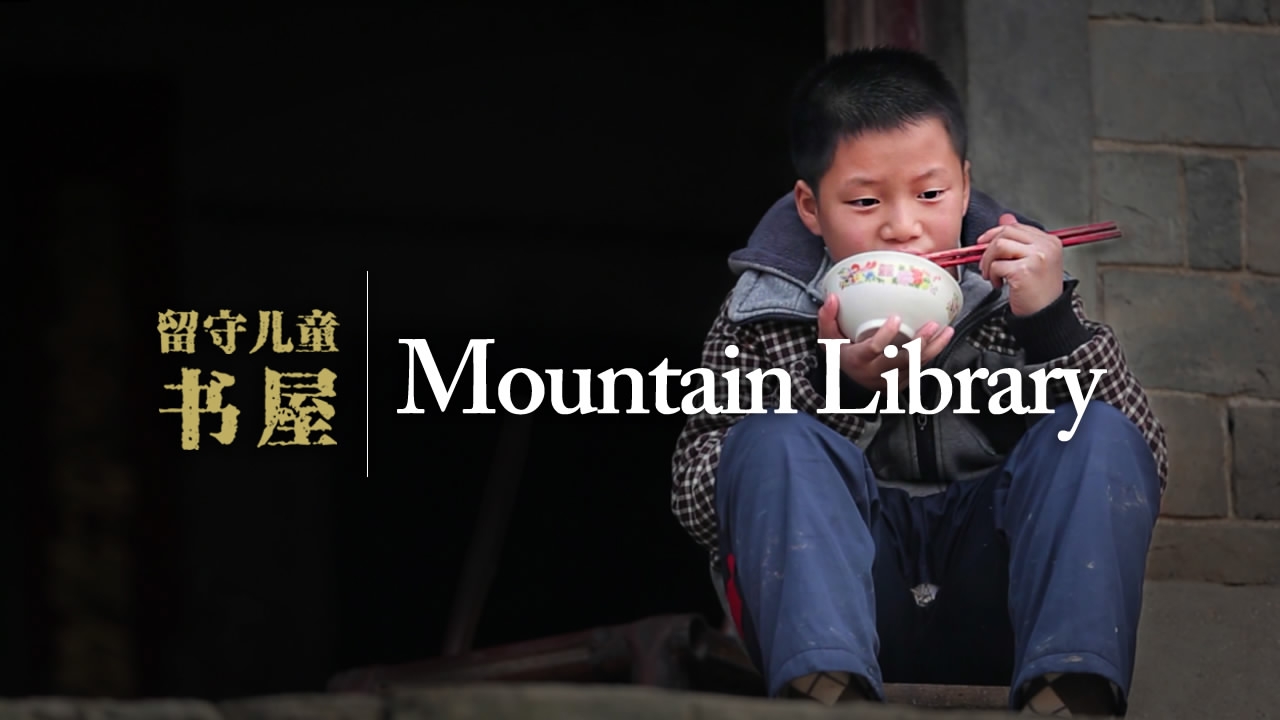

CGTN
CGTN
With the acceleration of China's urbanization process, huge waves of people are leaving rural areas for the city, creating a special group of people: the left-behind children.
Left-behind children refer to kids under the age of 16 whose parents work elsewhere, or are left with a single parent who don't have the ability to look after them. For various reasons, they either can't live a normal life with their parents or their parents can't bring them to the city where they work. These children are often left with their grandparents.
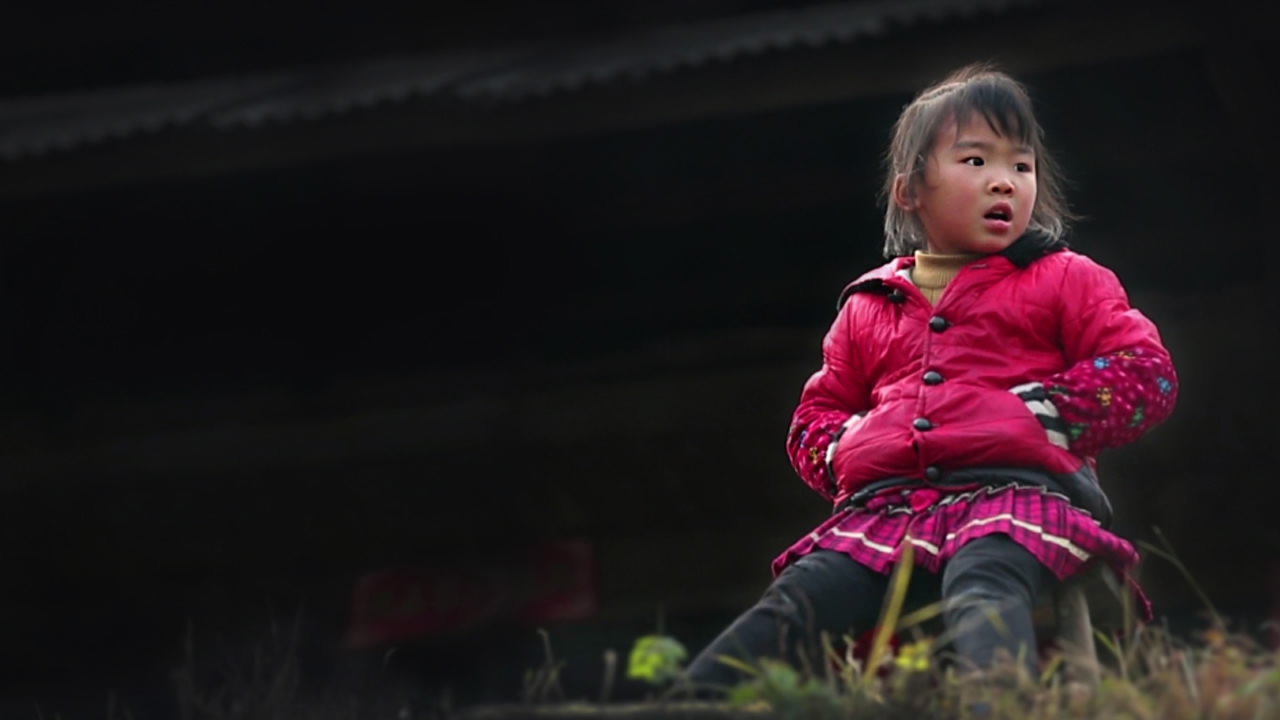
CGTN Photo
CGTN Photo
According to statistics from the Ministry of Civil Affairs, there were approximately nine million left-behind children in China in 2016. This is a huge group that urgently needs material help and psychological assistance from society.
In Longhui County, in central Hunan Province, 80 percent of the population has migrated elsewhere for work, leaving children and the elderly behind.
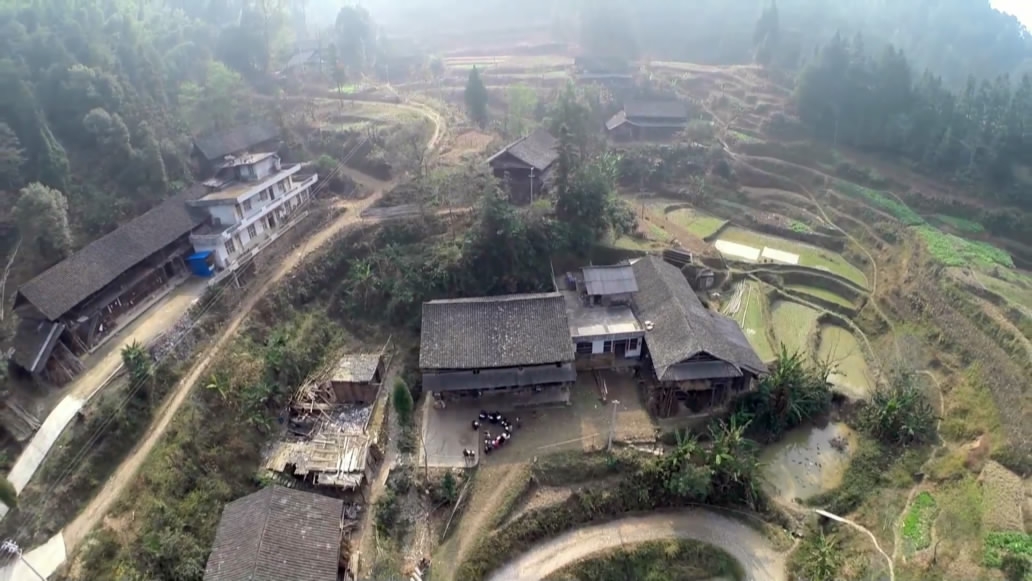
CGTN Photo
CGTN Photo
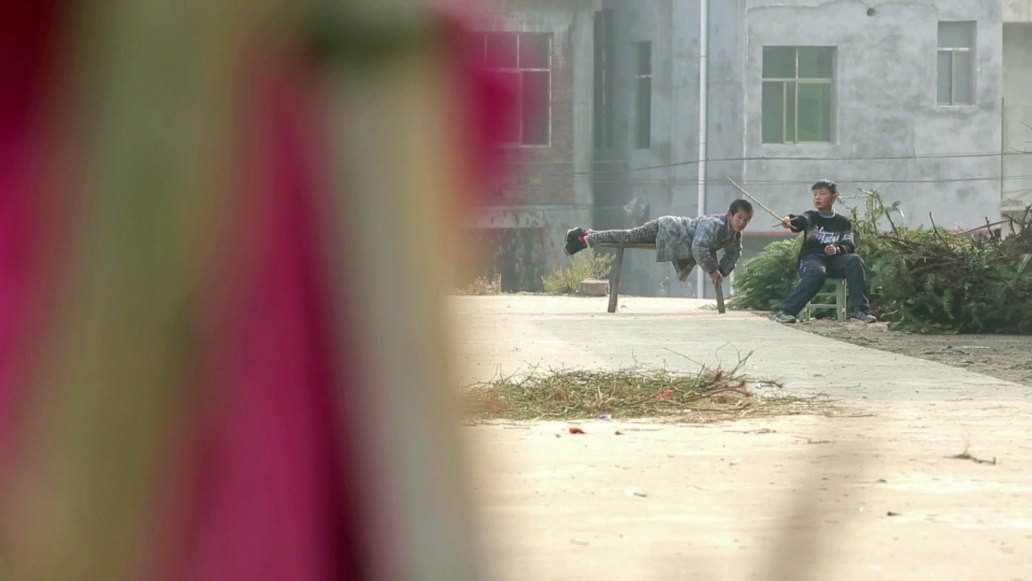
CGTN Photo
CGTN Photo
"The children have nothing to do after school. Sometimes their grandparents have to go about looking for them," said Ouyang Encheng, a retired teacher.
Ouyang has taught for decades, starting his career in 1964. After retiring, he decided to continue his work helping those children.
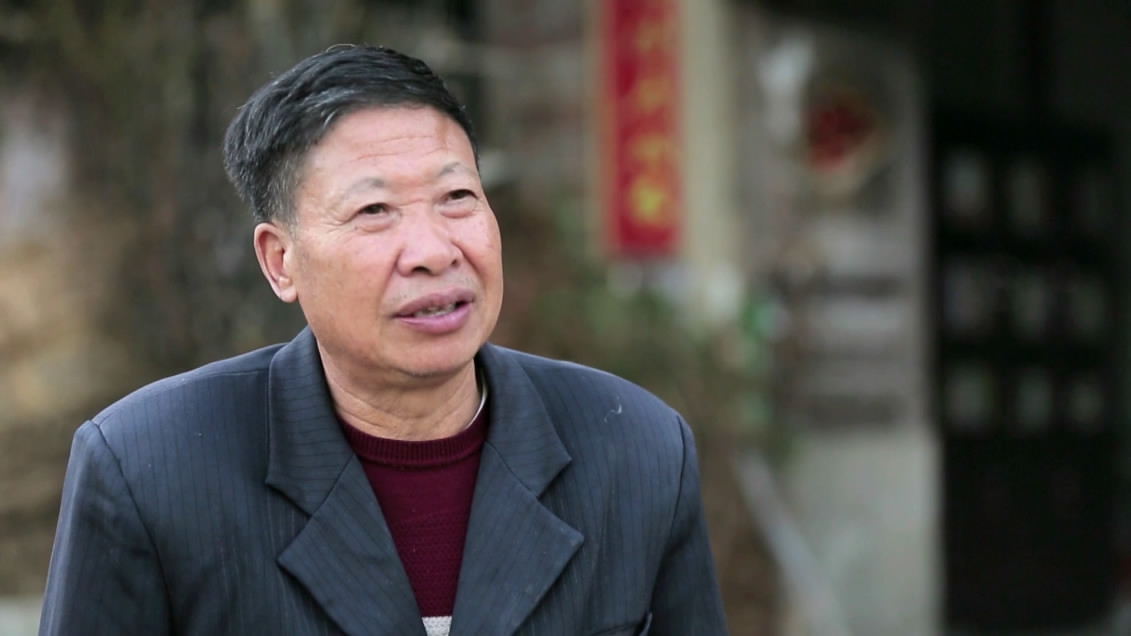
CGTN Photo
CGTN Photo
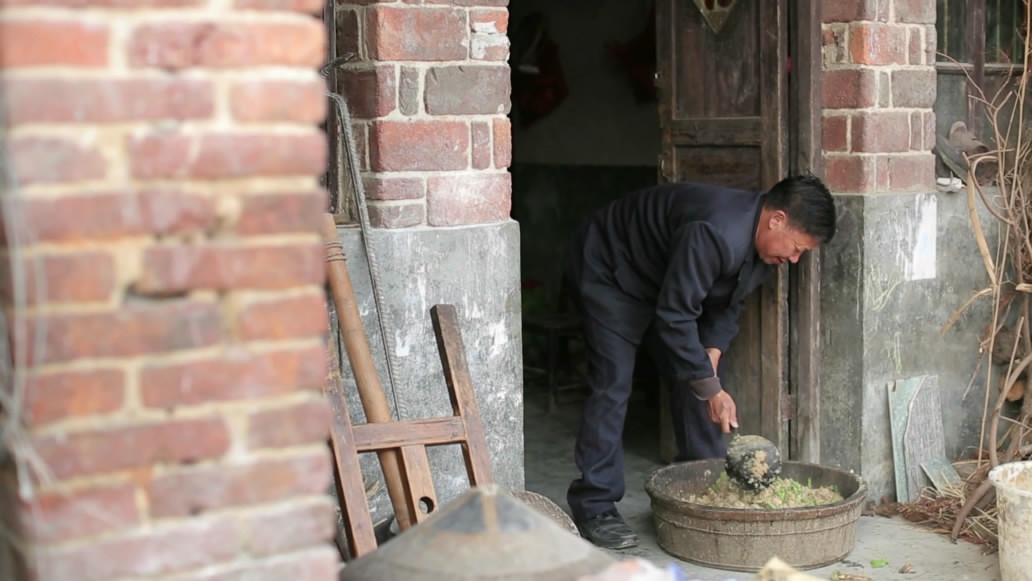
CGTN Photo
CGTN Photo
"I love books. I’ve collected more than 3,000 books," he said, "it would be great if I gave them to the children."
Ouyang’s wife sold their 150 kg pig for money. Together with the some 30,000 yuan Ouyang had saved for housing, they bought cabinets and bookshelves.
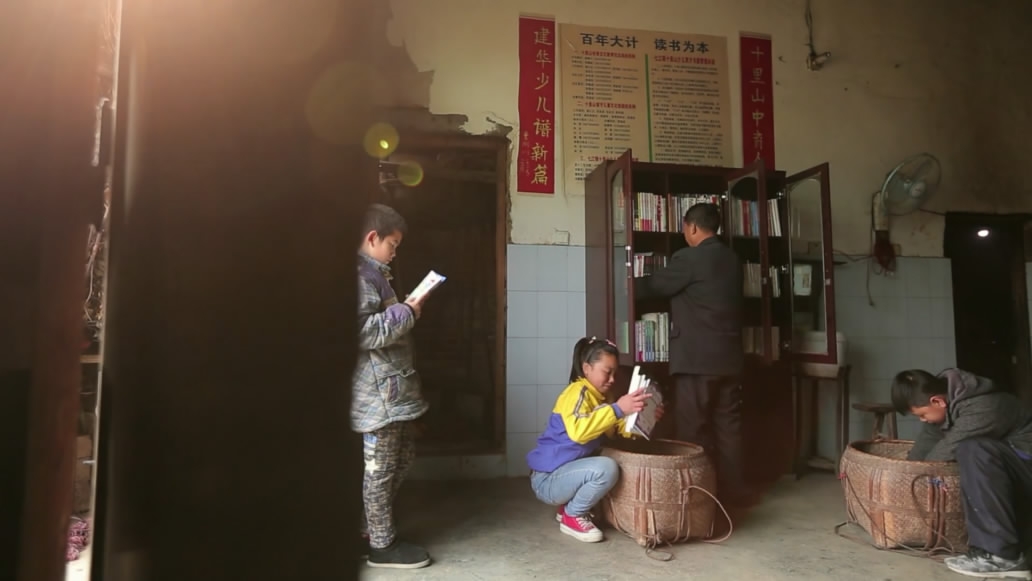
CGTN Photo
CGTN Photo
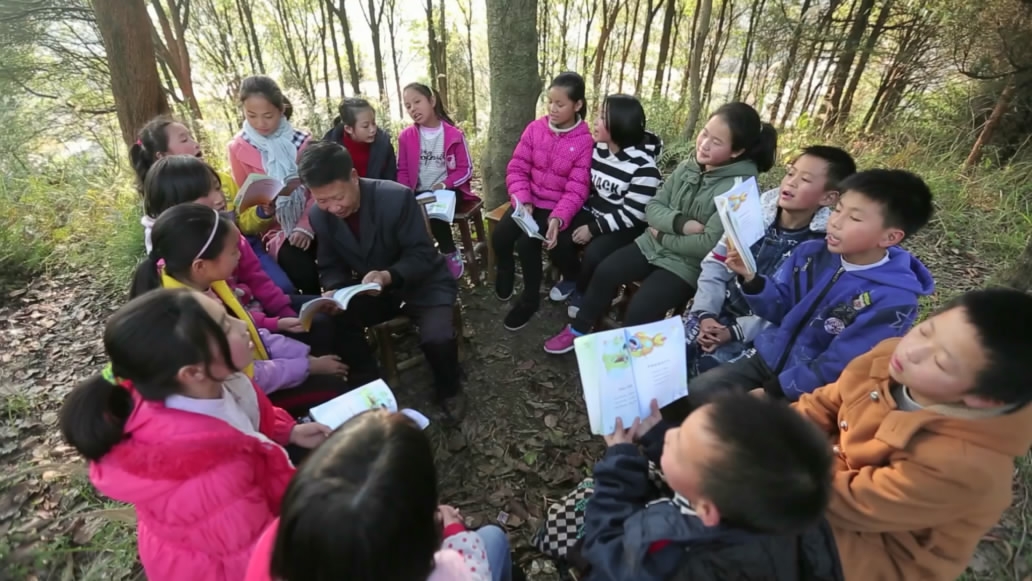
CGTN Photo
CGTN Photo
With the help of volunteers, they built 73 libraries in three years. The children can now read whenever and wherever they want.
The rural libraries are popular among the children. "We spent the whole vacation here," said one of the children. Activities include reading and practicing calligraphy with Ouyang Encheng.
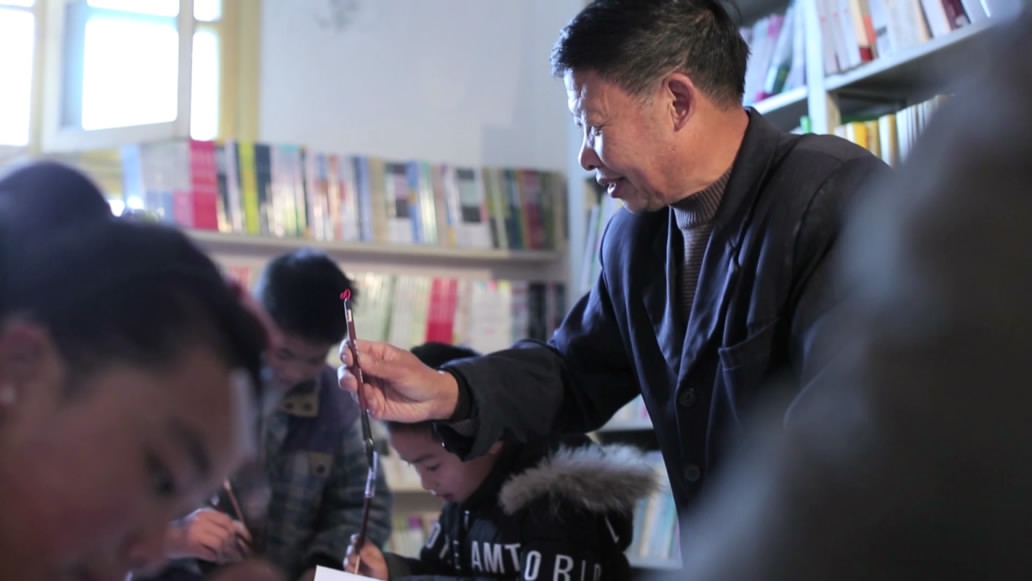
CGTN Photo
CGTN Photo
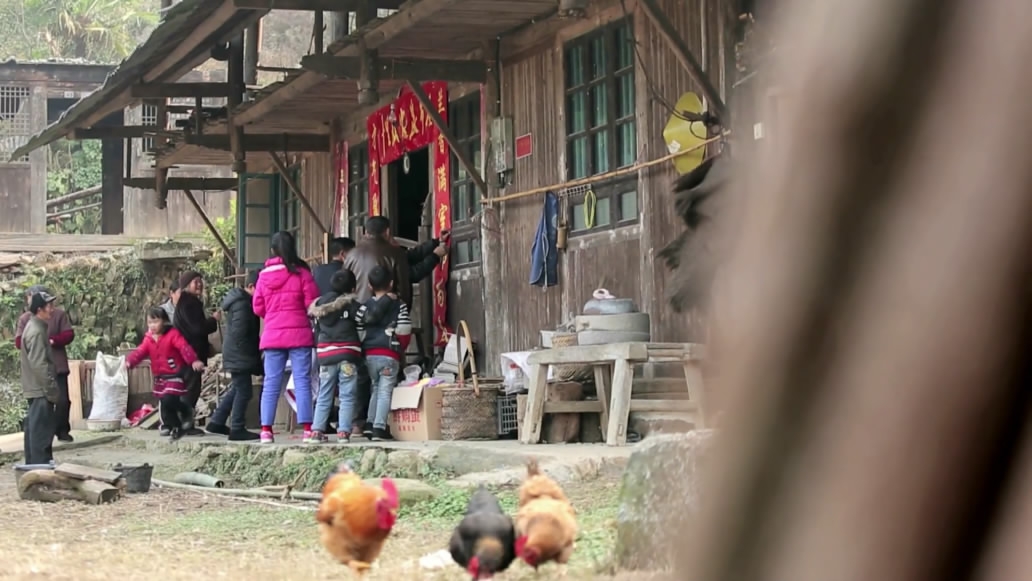
CGTN Photo
CGTN Photo
For Ouyang and the children, their hometown is beautiful, though it suffers from poverty. Their hope is that through reading, they can change the fate of the county and their own futures. "If the children were properly educated, they would gain unlimited strength," said Ouyang.
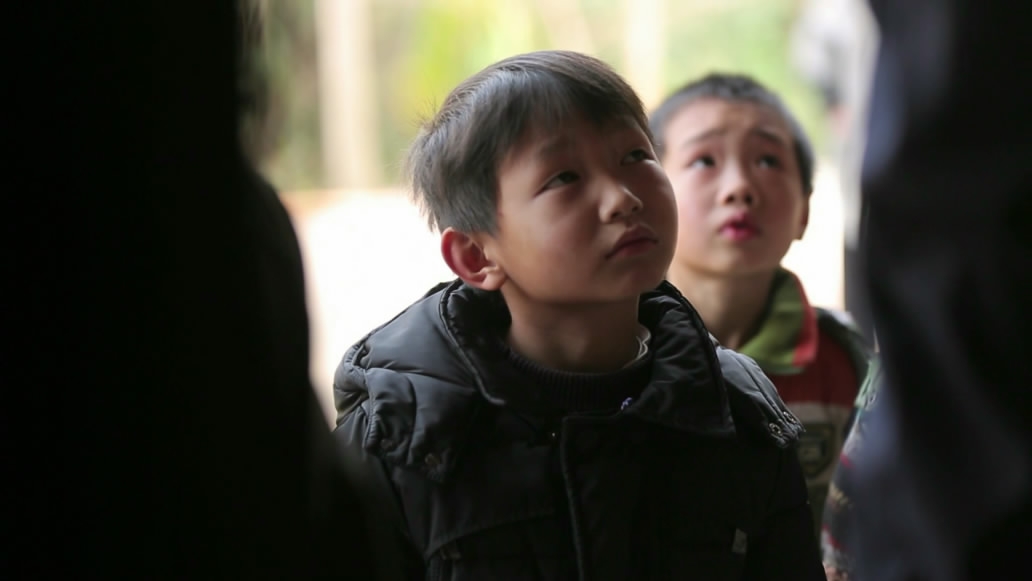
CGTN Photo
CGTN Photo
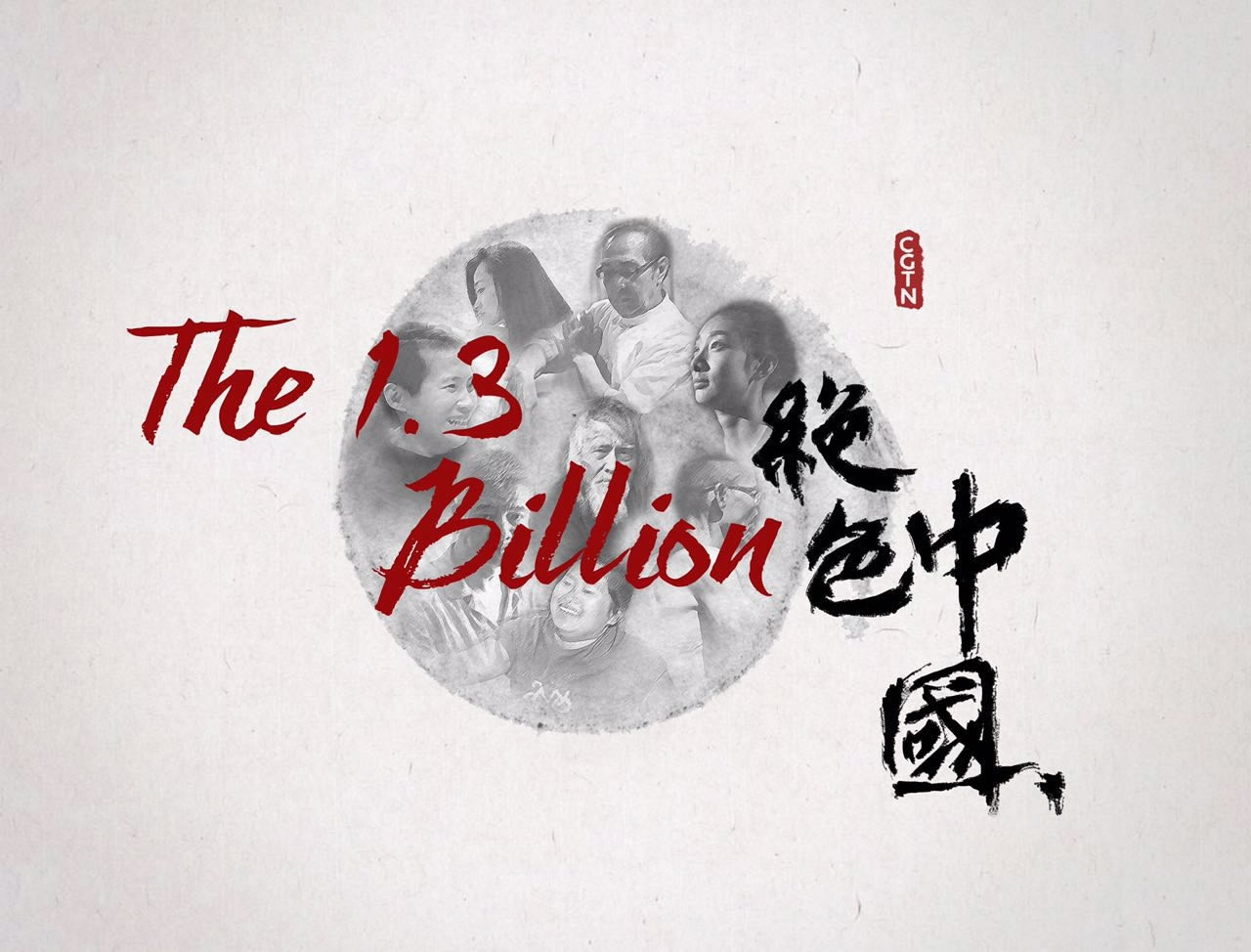
The story is one in "The 1.3 Billion" series exploring the diverse lives that make up China.
The story is one in "The 1.3 Billion" series exploring the diverse lives that make up China.

SITEMAP
Copyright © 2018 CGTN. Beijing ICP prepared NO.16065310-3
Copyright © 2018 CGTN. Beijing ICP prepared NO.16065310-3